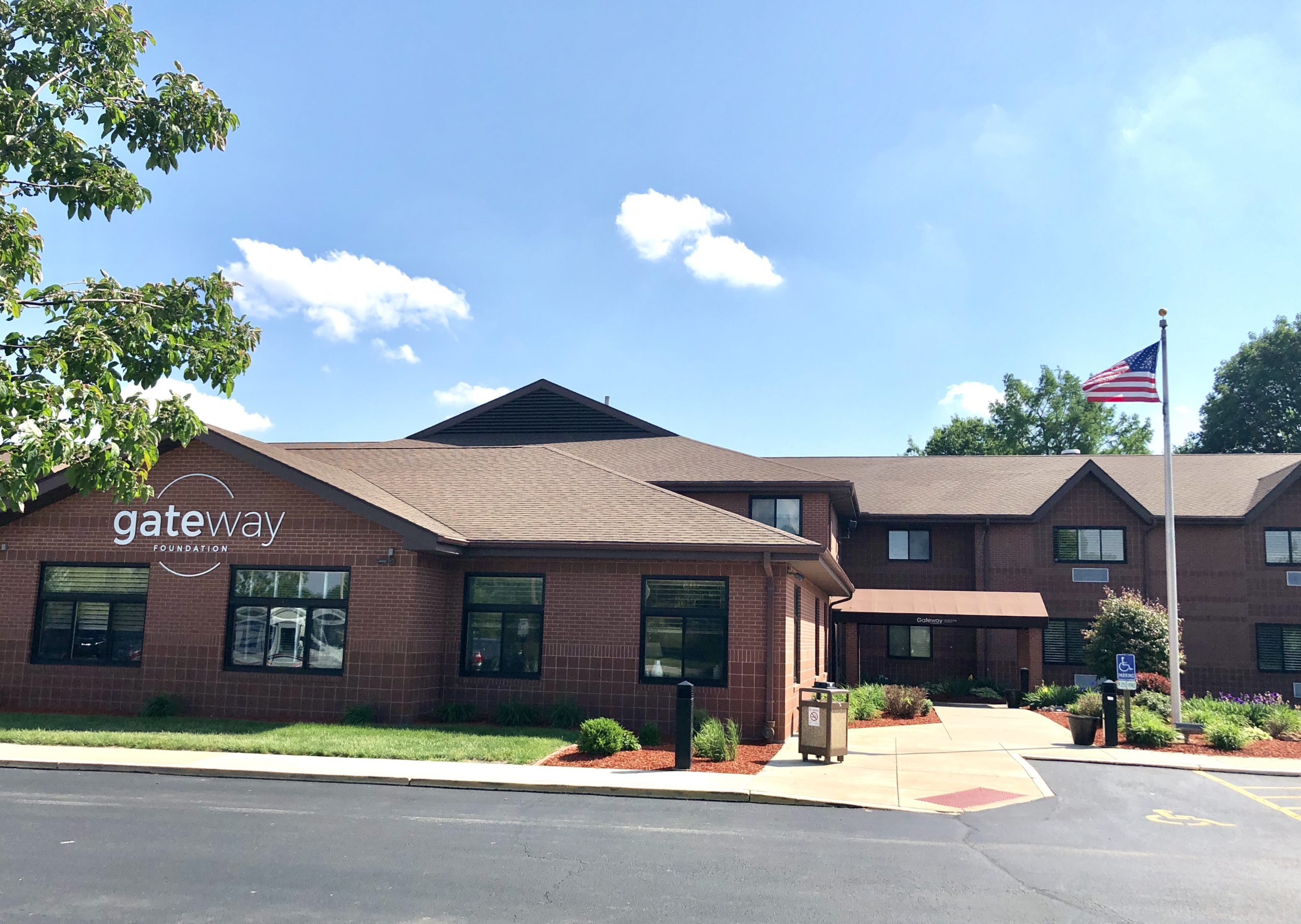Discover Effective Treatments at an Approved Addiction Treatment Center
Discover Effective Treatments at an Approved Addiction Treatment Center
Blog Article
Browsing the Trip of Cleansing in the Comprehensive Dependency Therapy Program
Starting the course of detoxing within the structure of an extensive dependency therapy program is a pivotal phase in the trip in the direction of recuperation. The procedure of cleansing holds a significant role in breaking the physical reliance on compounds and preparing the person for the subsequent phases of treatment. Navigating with cleansing is not merely a matter of physical cleaning; it requires an intricate interaction of mental, psychological, and social aspects that require careful consideration and support. As individuals face the challenges of withdrawal symptoms and the uncertainties that exist in advance, having a robust support and a structured strategy system in position becomes paramount. In this discussion, we will explore the complex aspects of detoxification within the detailed dependency therapy program and clarified the crucial components that form this transformative journey in the direction of healing.
Significance of Cleansing in Healing

Detoxing establishes the foundation for the remainder of the addiction treatment program by preparing the person for more therapy and counseling. By cleansing the body of compounds that have been clouding judgment and impacting behavior, detox allows people to approach their recovery with a clearer mind and more powerful focus.
In addition, detoxification aids in handling the potentially serious withdrawal symptoms that might emerge when drug or alcohol usage is quit. Physician very closely check clients throughout detox to ensure their security and give necessary support. Through this process, individuals can begin their journey towards sobriety with a maintained physical and psychological state, increasing the likelihood of an effective healing.
Comprehending the Detox Process
Cleansing, an essential component of dependency therapy programs, entails an organized procedure focused on securely removing damaging materials from the body to help with a successful recuperation journey. The detoxification procedure usually begins with an analysis to analyze the individual's material use history, physical health and wellness, and psychological well-being. This assessment helps healthcare experts determine the most appropriate detoxification strategy tailored to the person's requirements.
During detoxification, the body goes through withdrawal as it adapts to the absence of the substance. Withdrawal signs vary depending upon the type of material utilized, the duration of usage, and private factors. Clinical supervision throughout detoxification is important to manage withdrawal signs and symptoms and guarantee the person's security and comfort.

Handling Withdrawal Signs

Medicines might be utilized to relieve certain withdrawal symptoms and minimize pain. Drugs like methadone or buprenorphine can assist take care of opioid withdrawal signs, while benzodiazepines might be utilized for alcohol withdrawal. It is necessary for healthcare service providers to meticulously monitor the person's reaction to these drugs to ensure their safety and security and effectiveness.
Along with pharmacological treatments, encouraging therapies such as counseling, peer support system, and alternative techniques like mindfulness meditation or yoga can help individuals manage the emotional and emotional challenges of withdrawal. By resolving withdrawal symptoms adequately, healthcare service providers can improve the detoxification experience and assistance people on their trip to healing.

Assistance Systems During Detox
Support systems play a vital duty in providing emotional and social support to individuals blog here undergoing detoxing in addiction therapy programs. During the detox procedure, people frequently experience a variety of physical and psychological withdrawal signs, making this phase tough - Addiction Treatment Center. Having a solid support group in location can considerably impact the person's capability to browse via detoxification effectively
Member of the family, buddies, support groups, and health care specialists are important elements of the support system. Family members good friends and participants can provide support, understanding, and a sense of belonging throughout this tough time. Support groups provide a system for people to get in touch with others who web are going via comparable experiences, providing a sense of area and shared understanding. Health care professionals, consisting of specialists, physicians, and therapists, play an essential duty in checking the person's development, offering clinical assistance, and using support throughout the detox process.
Looking Ahead: Life After Detoxification
Having effectively completed the detoxing phase, people in addiction treatment programs now concentrate on getting ready for the obstacles and possibilities that exist ahead in their journey in the direction of recuperation. Life after detox marks a critical transition duration where individuals have to remain to build on the progress made during detox to preserve their soberness. It is essential for individuals to acknowledge that the trip in the direction of recuperation is recurring and calls for commitment, commitment, and a determination to embrace change.
One key facet of life after detoxification is the advancement of coping mechanisms to deal with triggers and cravings that might emerge. This might include learning brand-new abilities, such as mindfulness methods, cognitive-behavioral methods, and tension management strategies, to navigate tough scenarios without considering compound use. Furthermore, people are urged to proactively take part in continuous therapy, support teams, and aftercare programs to reinforce their assistance network and receive guidance as they browse the complexities of life post-detox.
Conclusion
Understanding the detox procedure and managing withdrawal signs are important actions in the direction of recovery. It is crucial to identify the significance of detoxification in the procedure of conquering addiction and relocating towards a life of sobriety.
Clinical guidance throughout detox is critical to manage withdrawal signs and symptoms and ensure have a peek here the individual's safety and security and convenience.
By understanding the detoxification process and its value in breaking the cycle of dependency, people can embark on a path in the direction of lasting recuperation.
During the detox procedure, individuals commonly experience a range of physical and mental withdrawal symptoms, making this phase difficult. Health care professionals, including therapists, physicians, and therapists, play a crucial role in checking the individual's progression, giving clinical assistance, and offering assistance throughout the detox process.
Life after detoxification marks a vital change duration where individuals need to proceed to construct on the progression made throughout detoxification to keep their soberness.
Report this page